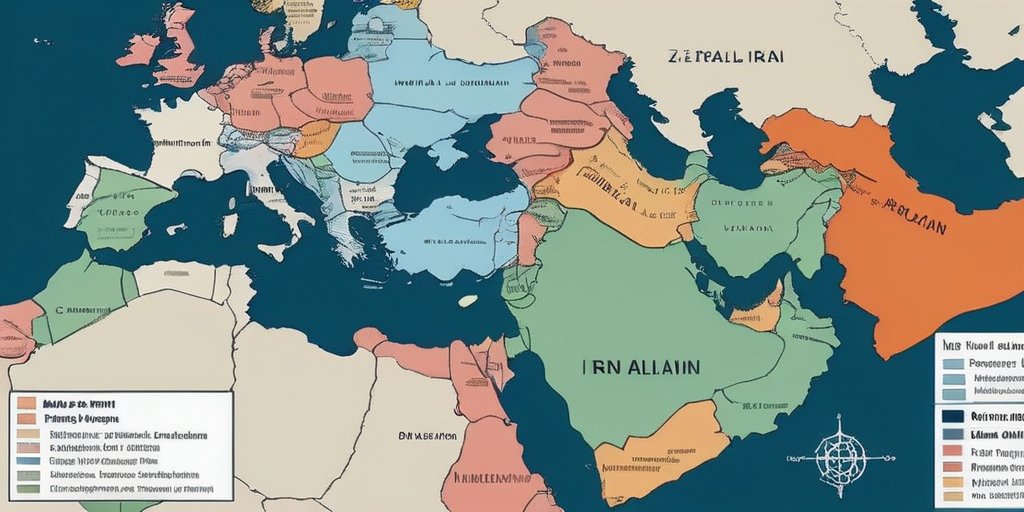Tensions in the Middle East escalated dramatically after revelations from Rafael Grossi, head of the International Atomic Energy Agency (IAEA), indicated that Iran is capable of resuming uranium enrichment targeted towards nuclear weaponry in just a few months. This assertion follows recent military strikes by the United States and Israel on three Iranian nuclear facilities: Fordo, Natanz, and Isfahan. Grossi’s commentary directly contradicts claims made by former President Donald Trump, who stated that Iran’s nuclear capabilities were “totally obliterated” following the strikes.
A notable point made by Grossi during an interview was that the extent of the damage inflicted on Iran’s nuclear program by the US strikes is significant but not catastrophic, suggesting that Iran still holds the “industrial and technological capacities” necessary to enrich uranium again if desired.
The tension thickened when Israel launched airstrikes on June 13, targeting sites it alleged were integral to Iran’s nuclear ambitions. In response, Trump expressed fierce confidence in announcing that Iran’s nuclear installations were completely destroyed, labeling the airstrikes as one of the most successful military campaigns in modern history. However, a preliminary Pentagon assessment leaked earlier this week indicates that the military actions may have only set back Iran’s nuclear endeavors by a few months, raising concerns about Iran’s nuclear intentions moving forward.
In light of this, Trump has stated he would not hesitate to consider further military actions against Iran should evidence emerge that Tehran is enhancing its uranium enrichment levels. Meanwhile, Iran’s military leaders voiced skepticism regarding Israel’s commitment to a ceasefire, hinting at possible future confrontations if provoked.
Iran’s political landscape, already strained due to its recent interactions with the IAEA, sees increased friction following the military strikes. Tehran’s parliament has voted to suspend cooperation with the IAEA, accusing it of bias towards Israel and the US. Despite a clampdown on transparency, Grossi maintains hope for diplomatic discussions with Iran, emphasizing that any resolution must be diplomatic in nature—a stark contrast to the current military engagements.
In conclusion, the situation remains precarious as Iran insists its nuclear program is for peaceful purposes. As the geopolitical climate evolves, the world watches carefully, particularly in light of Trump’s bold assertions and Iran’s nuclear ambitions, which could reshape regional security dynamics.
